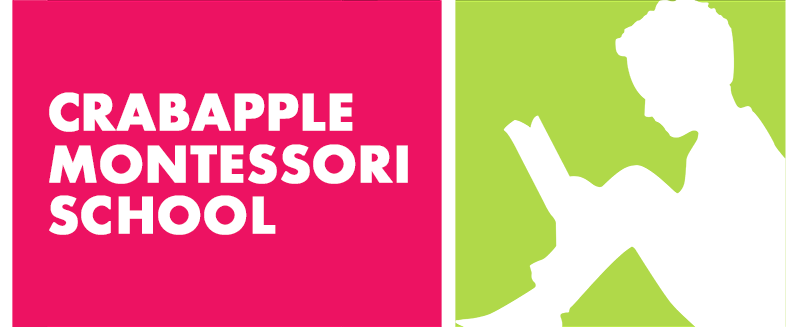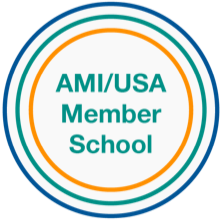PROGRAMS > Elementary - 6 to 12 years
“Education is a natural process carried out by the child … not acquired by listening to words but by experiences in the environment.”
- Dr. Maria Montessori
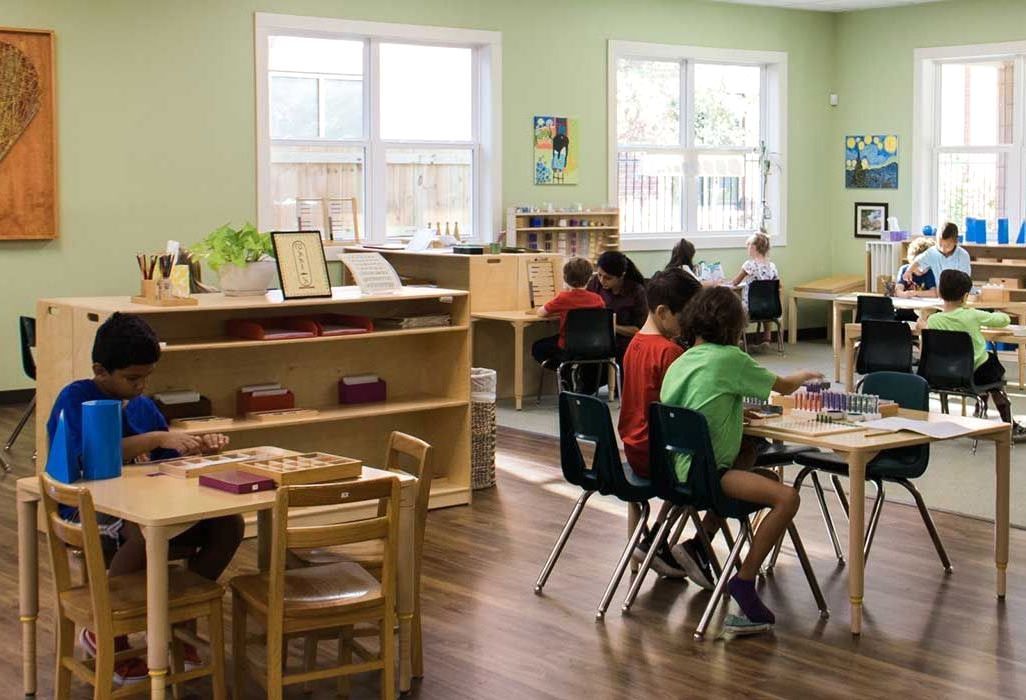
Program Options
The Elementary Program is offered 5 days per week. The following options are available:
- Extended-day: 7:30am to 2:30pm
- All-day:
7:30am to 6:00pm (care provided to All-day students for an additional 12 a days during the academic year)
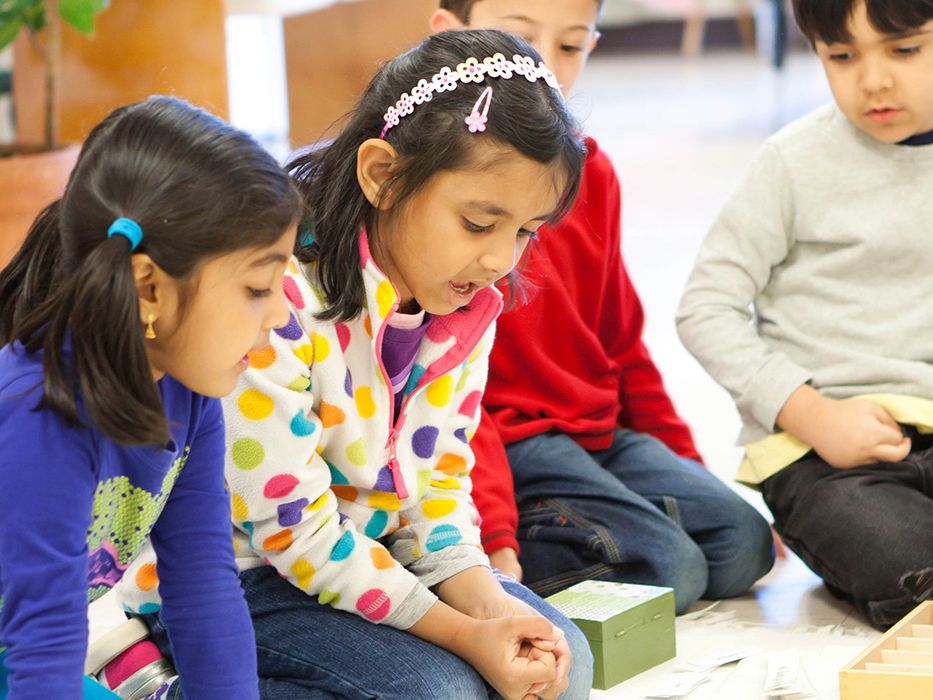
Elementary Curriculum: Independent Thinking, Intellectual Growth
When you enter the Elementary classroom at Crabapple Montessori School, you’re stepping into a learning laboratory. Children are experimenting with information gathered from the broad-based curriculum. The learn-by-doing principle is expanding as children at this age are developing the ability to think beyond the physical into the realm of the imagination.
Every day is different, and the children are always engaged in the learning process. You might see a child working out a mathematical problem on a long scroll of paper that allows the limitless pursuit of curiosity. One group of children might be working in the garden so that another group in the kitchen will have the ingredients necessary to prepare a delicious creation the whole class will soon enjoy. When the kitchen area is not being used for cooking, it is the site of scientific investigations in chemistry, physics, biology, or botany.
At any given time, individual or small groups of children are engaged in researching topics that are meaningful to them. When you visit the classroom, you might hear an interpretative reading exercise. This simple, fun exercise strengthens reading, punctuation and grammar skills and helps develop creative writing abilities.
Parents who spend time in our community and begin to understand the Montessori curriculum and how the class is structured often say, “I wish I could have gone to a Montessori school when I was a kid.”
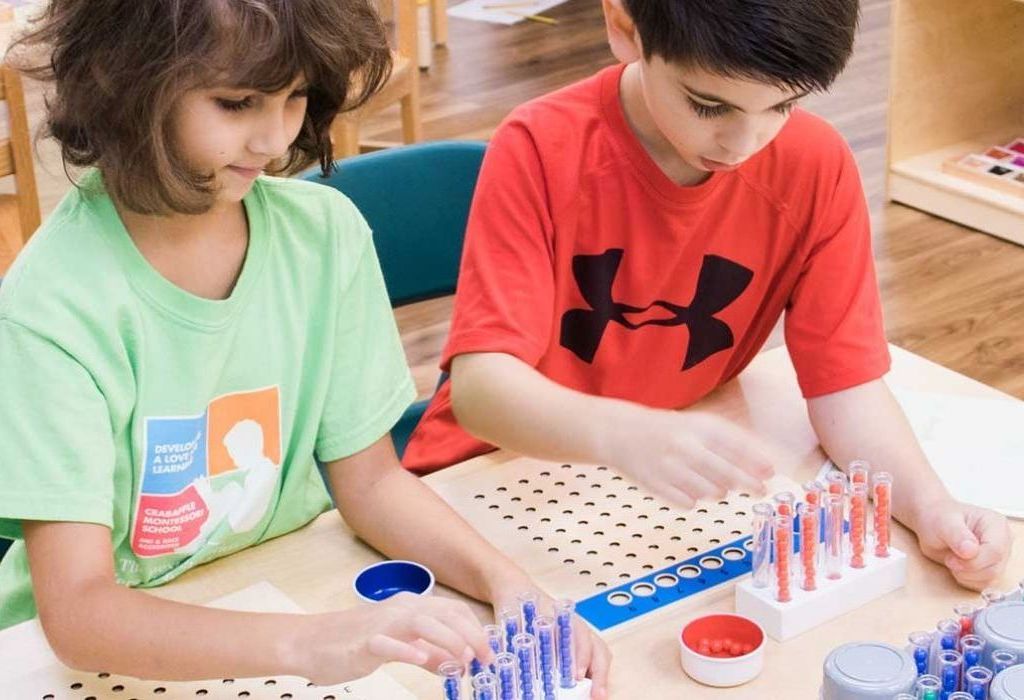
Research orientation
The Montessori Elementary curriculum, for children ages six through 12, builds on the Primary curriculum and inspires students to become independent thinkers. Their work frequently involves research, discussion, and large-scale projects. The teacher introduces an area of study with a presentation of key information or material and then guides the children in individual or small-groups that explore varied facets of the subject. The spontaneity of exploration sparks the imagination and engages the intellect.
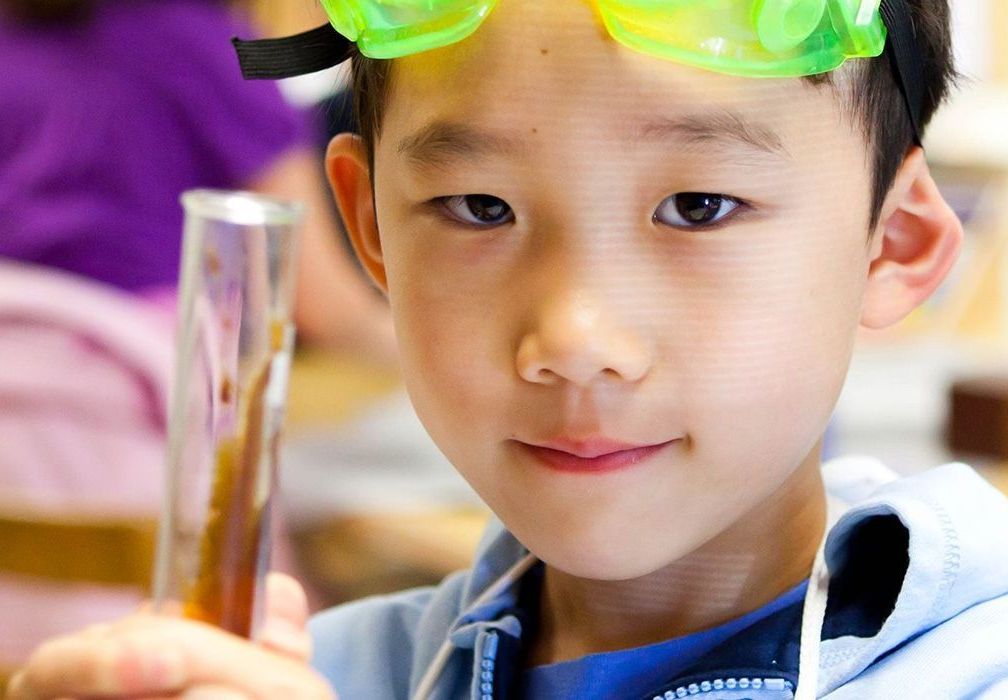
Preparing to make the best contribution in a competitive society
The Elementary teacher is in continuous contact with each child offering honest reflections and soliciting discussion about whether the child is working up to potential. Each child is encouraged to ask himself: “How much can I do?” (Not, “How much do I have to do?”) And, “How well have I done it?” (Not, “Was it good enough for an A?”) This approach helps develop a sense of personal responsibility that is not limited by constant comparison to others. Later in life, this personal responsibility will help them make their greatest contribution of talent and wisdom in the competitive 21st century.
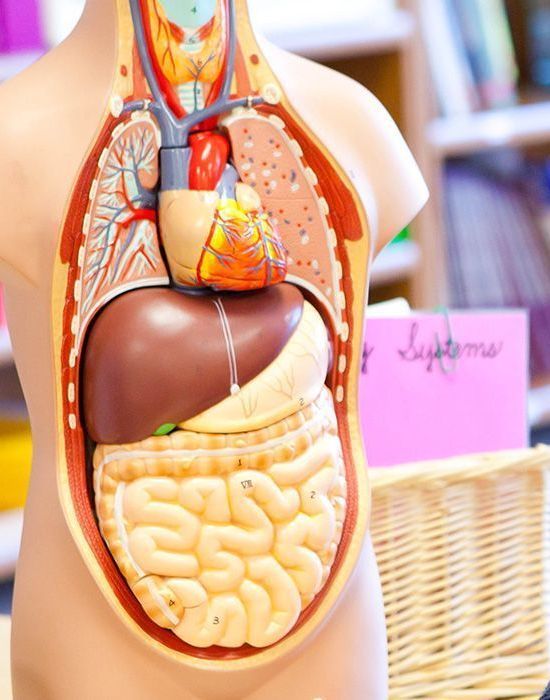
Essential topic areas illustrate the storyline of humanity
The elementary curriculum covers the following nine essential topic areas, emphasizing the interconnectedness of each.
Nine Building Blocks of the Elementary Curriculum
Language – an immersion into the history, grammar, etymology, and spelling of language including the experience of poetry, prose, drama, dialogue, discussion, debate and research in both oral and written forms.
Geography – a study that begins with the big picture to the local, exploring volcanoes, the work of water, wind and air, and the basic physical properties of matter that have shaped the world we inhabit.
Music – an introduction to reading and writing music, accompanied by beautiful singing exercises every day.
History – a study of the timeline of life, integrating natural and human history and focusing on the unique attributes of different cultures and the universality of all.
Biology – a curriculum that builds on the fascination children have for plants and animals to emphasize and understanding plant and animal behavior and physiology.
Cosmic Education – a curriculum developed by Dr. Montessori to introduce the child to his or her place and responsibility in society.
Mathematics – a sequence of lessons leading to an understanding of abstract mathematical operations, incorporating the structure of the decimal system, the operations of addition, subtraction, multiplication, and division, and other key concepts.
Art – an important form of selfexpression and part of the daily life of the class, using media like watercolors, chalks, pastels, clay, colored pencil, collage.
Physical Education – skill building to develop consciousness and control of movement, enhance personal confidence, and teach teamwork. Flexibility and strength training are a part of the weekly schedule as well as nutrition education.
Want to Learn More About the Elementary Program?
Request the Curriculum Details!
Complete this form to receive more information about the Elementary program directly in your inbox.
What Our Parents Say
"We love Crabapple Montessori! The classrooms provide a peaceful and calm working environment. Our children come home excited to share about their day’s work – the hands-on Montessori materials provide a true fundamental understanding of concepts and a fun way for them to learn. Montessori has created a love of learning for our sons. The amazing teachers (and truly the entire staff) take such a genuine interest in our children’s complete development, and foster such a warm caring environment. They take the time to really learn each personality and learning style and what makes them tick. They have been incredibly supportive, both emotionally and academically, to our children. We are very thankful to have found CMS 6 years ago and are thankful to be part of such a supportive community."
– RANDI
